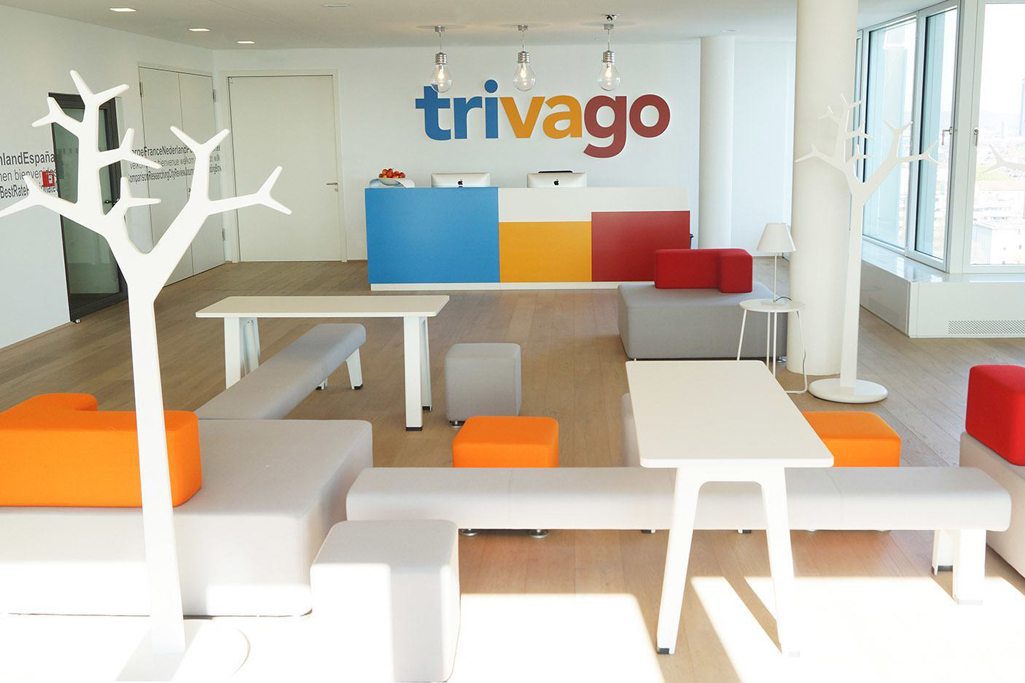Skift Take
It's hard to see how Trivago survives the pandemic without an asset sale or private equity taking it private perhaps.
Faced with a drop of more than 95 percent in referral revenue in the last week of the first quarter, Trivago informed investors that it has started to “make changes to our organizational setup,” including “significant” headcount reductions.
Other than chopping jobs, and reducing costs, Trivago didn’t specify what organizational changes it is making.
Referral revenue comes from the clicks Trivago charges advertisers when it sends them leads for hotel or vacation rental bookings. In 2019, Trivago generated 74 percent of its revenue from Booking Holding and Trivago’s parent company, Expedia Group, so it’s clear these two companies virtually turned off their advertising spend.
Trivago notched a small profit, roughly $18.7 million (euro 17.2 million) in 2019, but was already struggling heading into 2020.
In a letter to shareholders last week, Trivago said it reduced its advertising spend “to an absolute minimum” because of the coronavirus-driven drop-off in demand.
Get the Latest on Coronavirus and the Travel Industry on Skift’s Liveblog
In April, the company’s marketing, sales and human resources teams in its Germany headquarters started reduced working hours.
The German government, under its Kurzarbeit plan, is subsidizing a portion of Trivago’s payroll, but job cuts are coming, the company said.
As part of its reorganization, Trivago said “we are targeting a substantial reduction in our cost base going forward.”
Giving Partners a Break
Like Tripadvisor, which is giving a break on subscription bills to hotel and restaurant partners, Trivago said: “We have accommodated the requests of many advertisers to extend payment dates and to pay outstanding invoices in installments.”
In contrast, Trivago was among eight German startups that pleaded with Google to give them relief from a portion of their first quarter advertising bills.
Google declined to comment for this article on what relief it is giving to partners other than referring Skift to the comments it made last week about the eight German startups.
“Our travel partners are facing unprecedented challenges and we’re working with partners to help protect their businesses, including helping them surface their cancellation policies in our travel search products and expanding our ‘pay per stay’ pilot earlier this month to all hotel ads partners globally to shift the cancellation risk from our partners to us,” a Google spokesperson said last week.
Impairment Charges
Trivago said it would report its first quarter results by June 5, “and it is likely that we will record a significant impairment charge.”
Impairment charges relate to acquisitions. In 2017, Trivago acquired the assets of Tripl to enhance personalization efforts, and Trivago also owns 49 percent Myhotelshop.
In other news, Johannes Thomas, managing director for advertising relations, stepped down from the company’s management board, and will stay on as a strategic advisor, the company said.
Shares of Trivago were trading at around $1.71 per share late Monday.
The Daily Newsletter
Our daily coverage of the global travel industry. Written by editors and analysts from across Skift’s brands.
Have a confidential tip for Skift? Get in touch
Tags: coronavirus, google, layoffs, reorganization, trivago
Photo credit: This is a file photo of Trivago's headquarters in Dusseldorf, Germany. The company expects job cuts and impairment charges. Trivago
